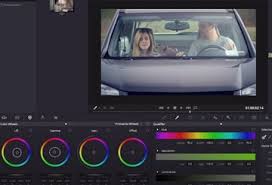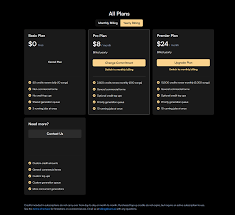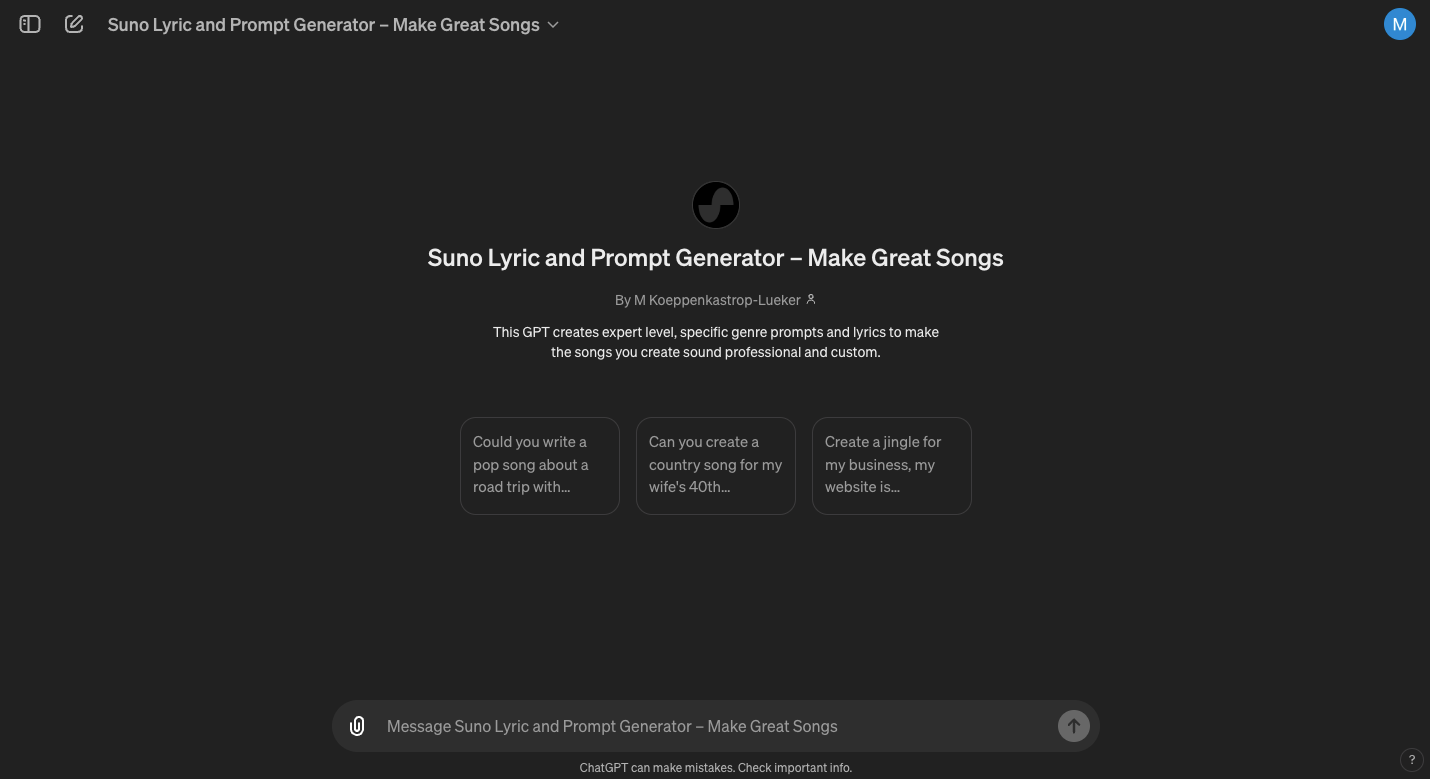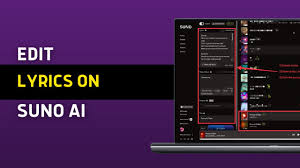With AI tools becoming part of nearly every creative workflow, especially in music, questions around user safety, data privacy, and content ownership are more important than ever. Klangio—a popular AI music transcription tool—has gained attention for its ability to convert audio files (like your piano, voice, or guitar recordings) into accurate sheet music and MIDI files.
But here’s the real question: Is Klangio safe? Can you trust it with your music, your microphone, or your intellectual property?
In this deep-dive, we explore Klangio’s data policies, user rights, cloud-based operations, and how it stacks up against other AI music tools when it comes to safety, privacy, and ethical AI use. Whether you're a music teacher, composer, or hobbyist, you deserve to know if your creations are in good hands.
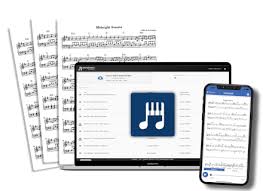
Is Klangio Safe for Your Data and Music Files?
Yes, Klangio is generally considered safe to use. The platform is operated by Klangio GmbH, a registered company based in Karlsruhe, Germany. As a European tech company, Klangio adheres to GDPR (General Data Protection Regulation), one of the strictest data privacy frameworks in the world. This means they are legally required to handle personal data responsibly, and users have full transparency over how their data is stored, used, and deleted.
Some key data safety points:
All file uploads are encrypted during transmission (HTTPS protocol).
Audio files are stored temporarily and are typically deleted within a few days unless you save them in your account.
Account creation is optional, allowing anonymous use for basic features.
Klangio does not claim ownership of your music or recordings.
According to their Privacy Policy, Klangio clearly states that “users retain all rights to uploaded content” and that “audio data is used only for the purpose of processing and transcription.”
Explore More: Klang.io Review
User Control and Permissions
One of Klangio's safety strengths lies in its user permissions. For example, when using the in-browser microphone feature, Klangio prompts you for explicit browser-level permission. It does not access or record audio unless you grant permission and manually start the recording process.
Additionally:
You can manually delete any transcription or audio file from your account.
Klangio does not auto-share, publish, or distribute your files unless you choose to do so.
The platform does not collect personal data like location, camera, or contacts.
Does Klangio Use Your Music for AI Training?
As of 2025, Klangio states that user data is not used for model training unless explicit consent is given. This is an important detail, as many free AI tools—especially those based outside the EU—use user-generated content to improve their algorithms without informing the user.
With Klangio, training datasets are sourced separately, and your uploaded recordings are not stored in long-term databases or used to fine-tune AI unless you've opted in.
This stands in contrast with platforms like Soundraw or Loudly, where data usage is often embedded in broader creative commons-style agreements that users may overlook.
Comparison: Klangio vs Other AI Music Platforms on Safety
| Feature | Klangio | ScoreCloud | AnthemScore | Loudly AI |
|---|---|---|---|---|
| Based In | Germany (EU) | Sweden (EU) | USA | Germany (EU) |
| GDPR Compliant | ? | ? | ? (limited GDPR) | ? |
| End-to-End Encryption | ? | ? | ? | ? |
| Microphone Permission | Manual & user-driven | Manual | N/A (upload only) | App-based |
| Auto Data Training | ? | ? Unclear | ? Unclear | ? (opt-out only) |
| Content Ownership | User retains rights | Mixed | User retains rights | Shared/Platform use |
Verdict: Klangio provides a stronger guarantee of safety and transparency, especially for creators concerned about intellectual property or GDPR compliance.
Pros of Klangio in Terms of Safety
Hosted in the EU under GDPR standards
Transparent privacy and data-use policies
Files are encrypted and stored temporarily
No forced account creation for basic use
Manual audio permission and data deletion
Doesn’t use your work for training without opt-in
Cons and Limitations You Should Know
No offline desktop version—data flows through cloud servers
Free plan has limited control over how long files are stored
Less detailed audit logs compared to some professional DAWs
Not yet SOC 2 or ISO 27001 certified (relevant for enterprise users)
While Klangio is safe for personal use and small teams, enterprises or schools handling sensitive data may want additional compliance certifications.
Frequently Asked Questions: Is Klangio Safe?
Q1: Can anyone access my files on Klangio?
No. Your files are private and only accessible through your account. They are not indexed or publicly searchable.
Q2: Does Klangio save my microphone input?
Only if you manually start a recording. All browser microphone usage is controlled by the user.
Q3: How long are files stored?
Temporary files are usually stored for a few days unless you save them to your account.
Q4: What if I want my data deleted?
You can delete files manually, or contact support for a full data removal request under GDPR.
Q5: Is it safe to use Klangio for client work?
For general client work (e.g., music transcription for individual artists), yes. For confidential or commercial-grade projects, use a Pro account and review legal terms carefully.
Conclusion: Should You Trust Klangio with Your Music?
If you’re asking, “Is Klangio safe?”, the answer is a confident yes—especially for solo creators, music students, and educators. The company is transparent about how your data is used (or not used), the platform is hosted in Europe with strong privacy protections, and it gives users significant control over their recordings and transcriptions.
While Klangio may lack enterprise-level compliance frameworks like ISO or SOC certifications, it far exceeds the average AI music tool in ethical standards, user privacy, and data transparency. For most musicians and creators, Klangio offers a secure, reliable environment to explore AI transcription without the worry of losing control over your work.
Learn more about AI MUSIC TOOLS



